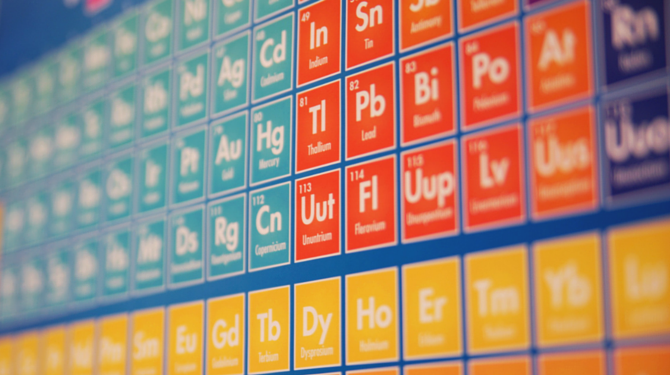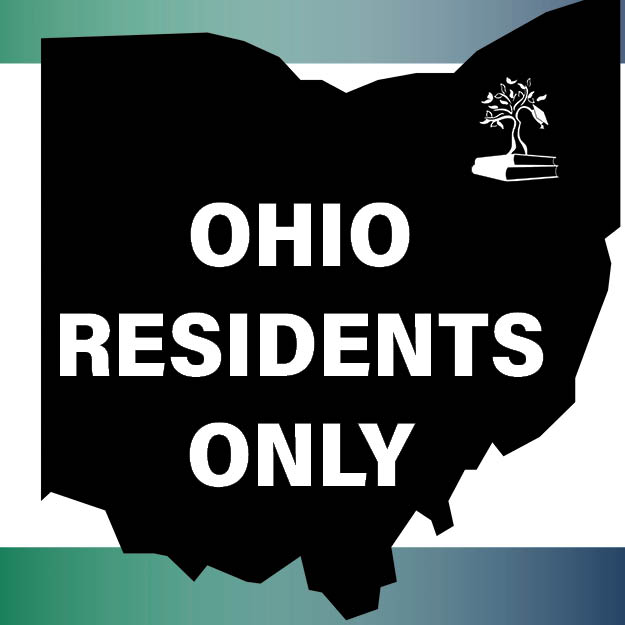Why Do I Need to Know Science?

By Chris Richards
There are not many times in life when you’ll be asked to identify the difference between an exothermic and an endothermic reaction. Your life will likely never rely on you knowing the importance of adenine, thymine, or cytosine.
Because of this, there are many people who believe that science isn’t relevant to their everyday life.
They couldn’t be more wrong.
Science has never been more important than it is now. We can dismiss the facts at the top of this article as trivia — random bits of information that on their own might never be called on.
However, knowing about these things adds to a deeper understanding of more complex scientific ideas and principles that are vital to being successful in modern society. Just as you may never need to know the word “behoove,” it’s useful because having a large vocabulary makes it easier to understand other people and make yourself understood.
Scientific literacy is vital because science is a part of so many aspects of our lives. Climate change, space exploration, the advancement of computers: none of these would be possible without advances in science, and knowing more about basic scientific principles makes you better able to understand the world around you and make better choices in your everyday life.
For example, most of us will have to help a family member with health issues at some point in our lives, if not our own health. Understanding basic biological principles such as how cells multiply and about genetics allows you to better understand the treatments for diseases like cancer or conditions like autism. Understanding the fundamentals of chemistry can play a role in your medications, and when you’re putting different medicines into your body, you definitely want to know what effect they’re going to have.
These basic bits of information make a direct and notable improvement in a person’s life. And the more deeply a person understands scientific principles, the more places they can find to use them.
The reality is that scientific information is starting to sneak into our lives in unexpected ways, from cell phones that rely on complex networks of electromagnetic signals to increased usage of computers to manage our lives.
We’re surrounded by science, so understanding science means understanding the world around you.
And beyond such direct situations, the ability to analyze and reason more effectively is an important part of scientific literacy that can help a person think about problems in their lives in a more effective and systematic way. Science teaches us how to think about problems in a systematic way, from identifying the underlying issues behind a problem to teaching us how to logically think of solutions.
With a strong foundation, scientific literacy is a useful, adaptable skill that allows us to make better sense of the world we live in.
That’s something we can all appreciate.
# # #



